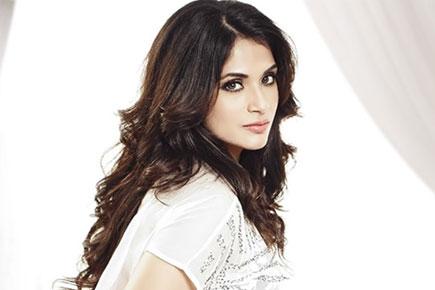Actress Richa Chadha feels for a country, which worships several goddesses, it is hypocritical that the nation has double standards when it comes to how the it treats women


Richa Chadha
ADVERTISEMENT
Actress Richa Chadha feels for a country, which worships several goddesses, it is hypocritical that the nation has double standards when it comes to how the it treats women.
Richa says the huge divide between people worshipping goddesses and at the same time neglecting women is an issue, which has baffled her ever since she was a child.
"India is one of those few countries in the world where violence against women starts in the womb, before the girl is even born. We have to overcome the hypocrisy in our culture.
On one hand, we celebrate Navratri, nine days of fasting for the goddess, then Durga Pooja... All kinds of goddesses in India are worshipped and praised than in any other culture," Richa said.
"But when it comes to our women, daughters, wives, mothers, sisters, we have a completely different standard. That has baffled me since I was a child," she said. The "Masaan" star was speaking at a panel discussion on "Gender Based Violence in India".
The event was held to commence the programme for the Justice Institute' in association with the Avon Foundation and Vital Voices.
The 29-year-old-actress said it is important to educate men on how to treat women and give confidence to girls that they can achieve what they want in life.
"Girls know they are at par... More than educating them we need to give them confidence that they can do whatever they want to in life. It is also about educating the men how to treat women.
"It stars from there. From the patriarch, the person in-charge of the power, who is conditioning everybody else to a certain way of life."
Richa, however, believes that the transition will take time, as gender-based violence is an issue, which has its roots in traditions and religion.
"It will take a lot of time because somewhere we are conditioned into thinking a certain way, it is a very large topic. It includes culture, religion, and tradition.
"It's time we question some stuff. When somebody from outside questions it, we get defencive. But we must question our own culture and use the best aspects of it."
Richa says often sexual assaults victims are stigmatised, because of which they are hesitant to come out and talk about it.
 Subscribe today by clicking the link and stay updated with the latest news!" Click here!
Subscribe today by clicking the link and stay updated with the latest news!" Click here!






